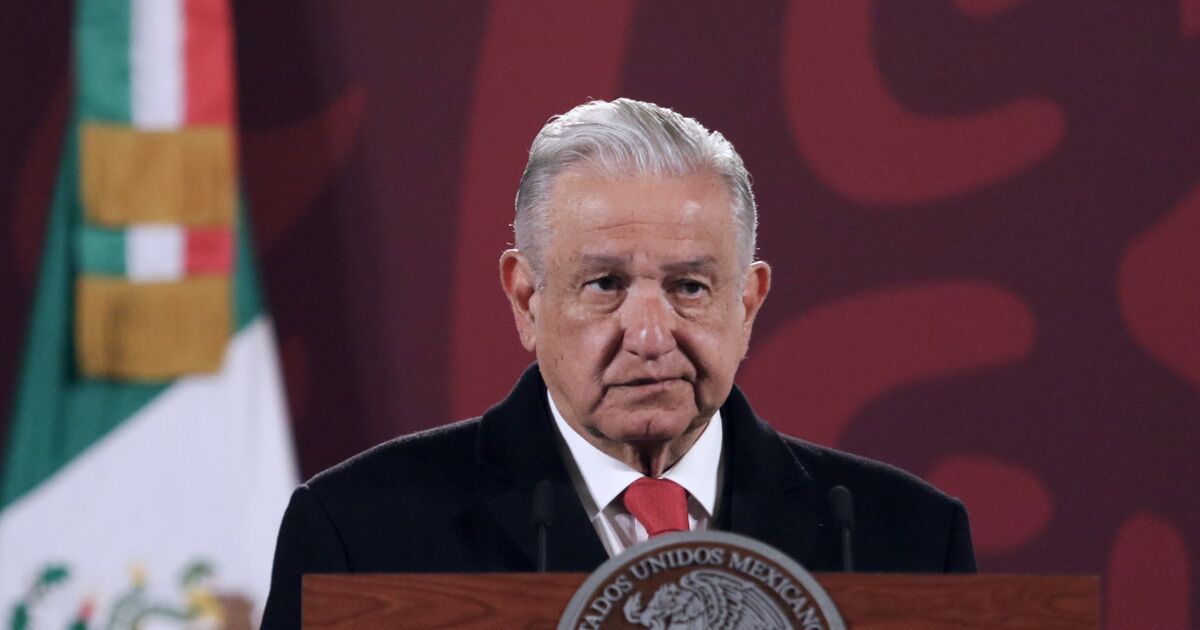Let’s start from the basics. Nothing in the history of humanity has shown that the decisions or whims of a single person (however well intentioned they may be assumed or used) are the way through which real progress and problem solving can be achieved for a specific nation or territory. In fact, the opposite is true. It is the consolidation of a legal regime and institutional strength that can generate a real solution to the problems, deficiencies and specific priorities for a nation and its population group. Demagoguery is useless, but it does destroy.
In the Mexican case, we are the living example of how it is in the times of caudillos that the most damaging effects have occurred in terms of advances in economic, legal, social, political, etc., issues. From the time of Independence and practically throughout the 19th century, the country was torn between multiple factions and positions, but with great wear and tear because there were no institutional bases. Although there were some important economic advances in the Porfiriato, the non-consolidation of a democratic regime led to the breakdown in the Mexican Revolution.
Then came a couple of decades of instability that, at the end of World War II, gave way for the Mexican economy to finally grow consistently. Thus, the foundations of a much more solid base of development began to be forged from a legal and economic system that generated benefactors for the general population.
The populism of the 1970s and 1980s generated significant turbulence that resulted in a readjustment process and the legitimate demand for much greater openness in terms of electoral processes and counterweights, which at the end of the 1990s made it possible to achieve reforms and structures that led to the democratic transition in 2000.
Thus, the possibility was opened for peaceful alternations to take place through institutional means, consolidating the organizations that give meaning to free elections, access to public information, economic competition, management of energy resources, educational evaluations, etc.
The account that we make is important because we cannot forget everything that has happened over many decades so that gradually, but consistently, better conditions for citizen participation, protection of human rights, conquest of institutional improvements, and solidification of better basis for real social mobility. Evidently many deficiencies were registered, but the path of improvement was visible and it was necessary to deepen, not to blow up changes.
It is these institutions that allowed the electoral result in 2018 and that today are sadly at serious risk of weakening or destruction. Who benefited from them is now their main enemy. The president does not want another transition. He doesn’t want different projects. He does not tolerate dissent. He doesn’t trust science or best practices. The only reality that seems viable to him is the one he conceives and imagines every day.








